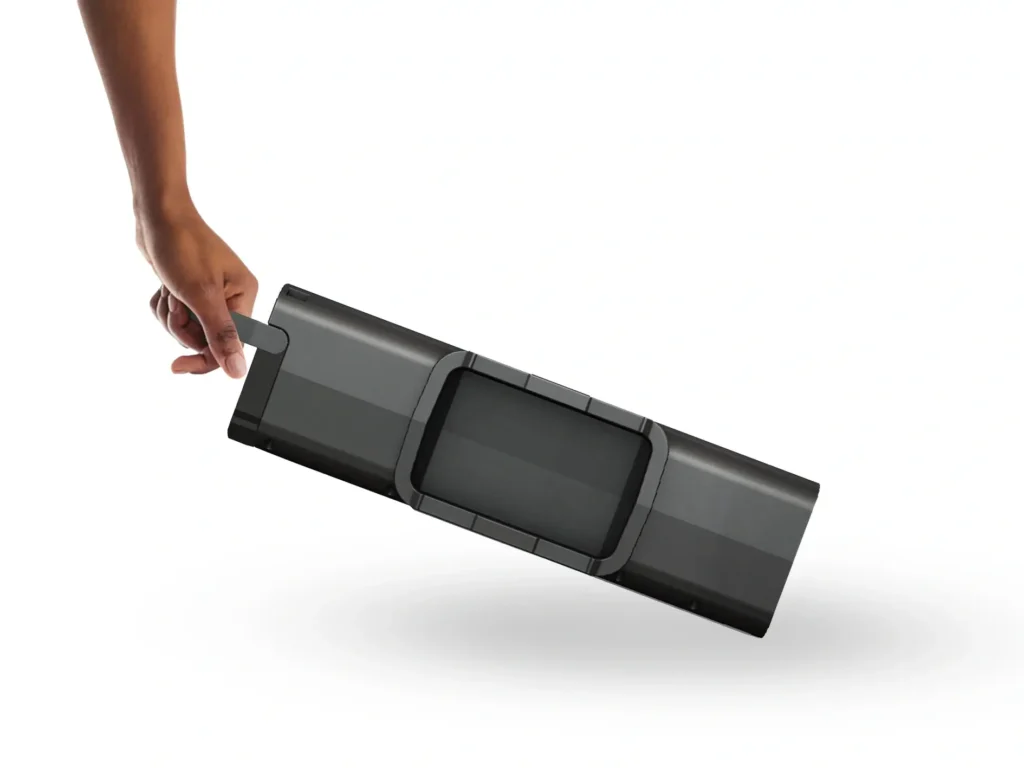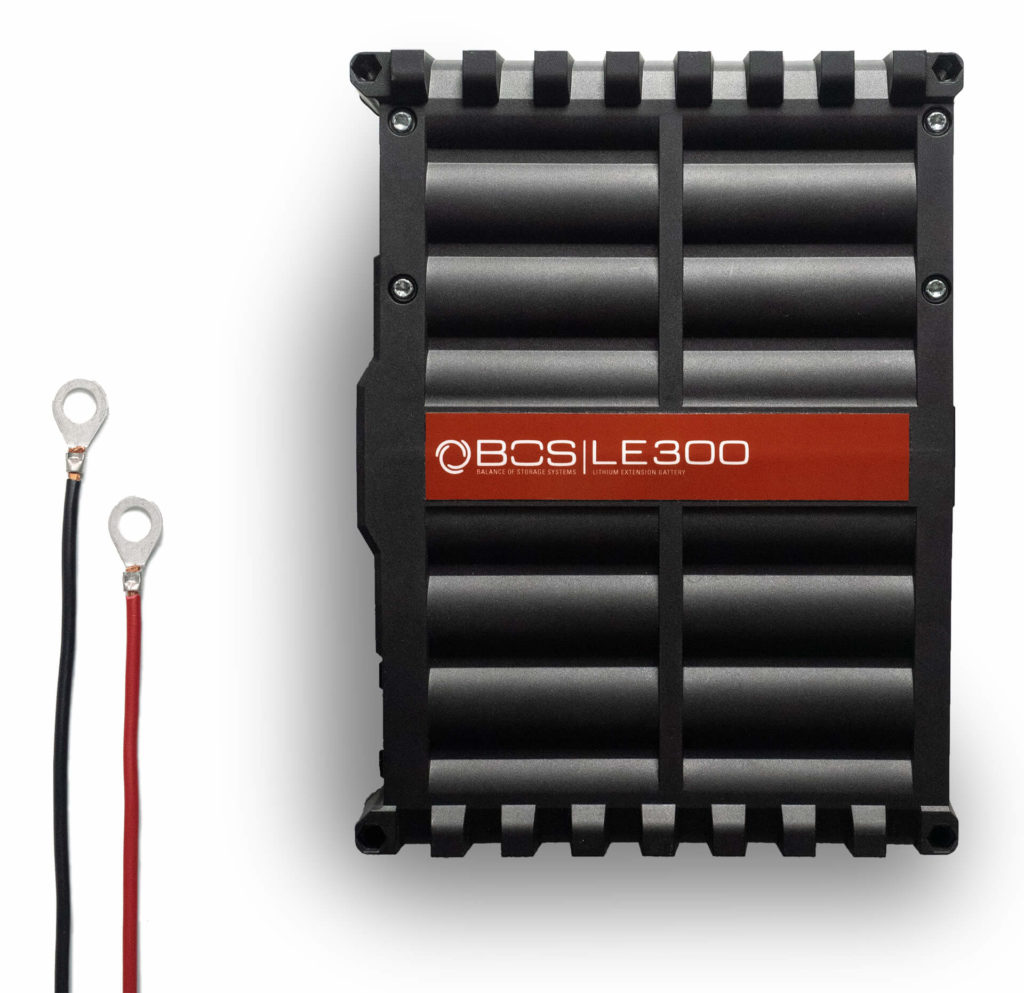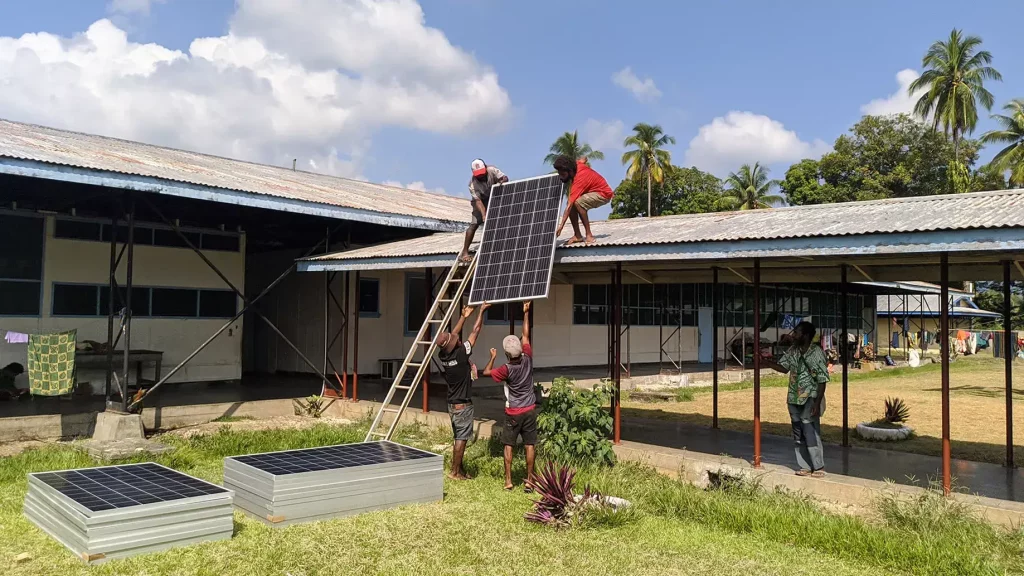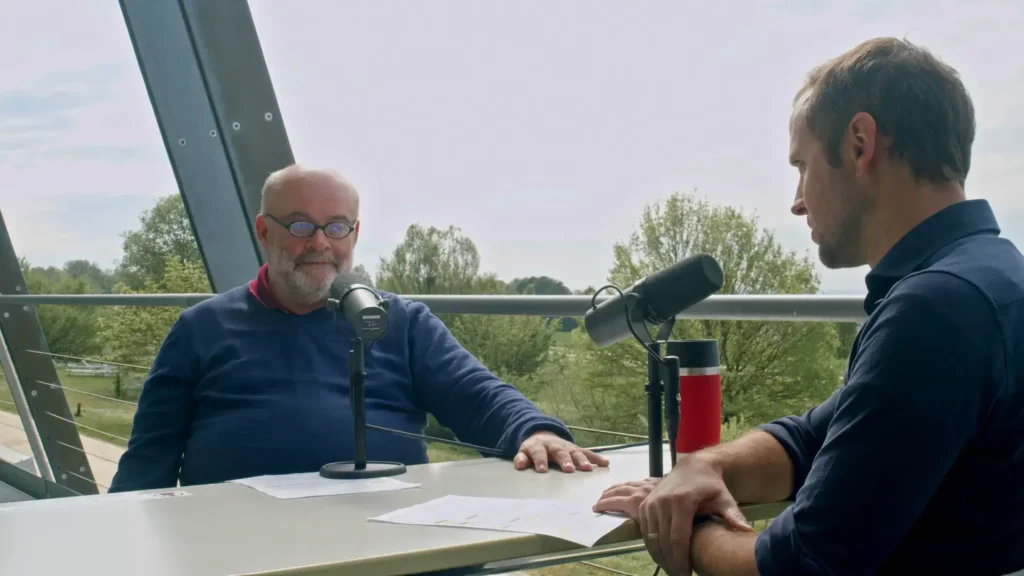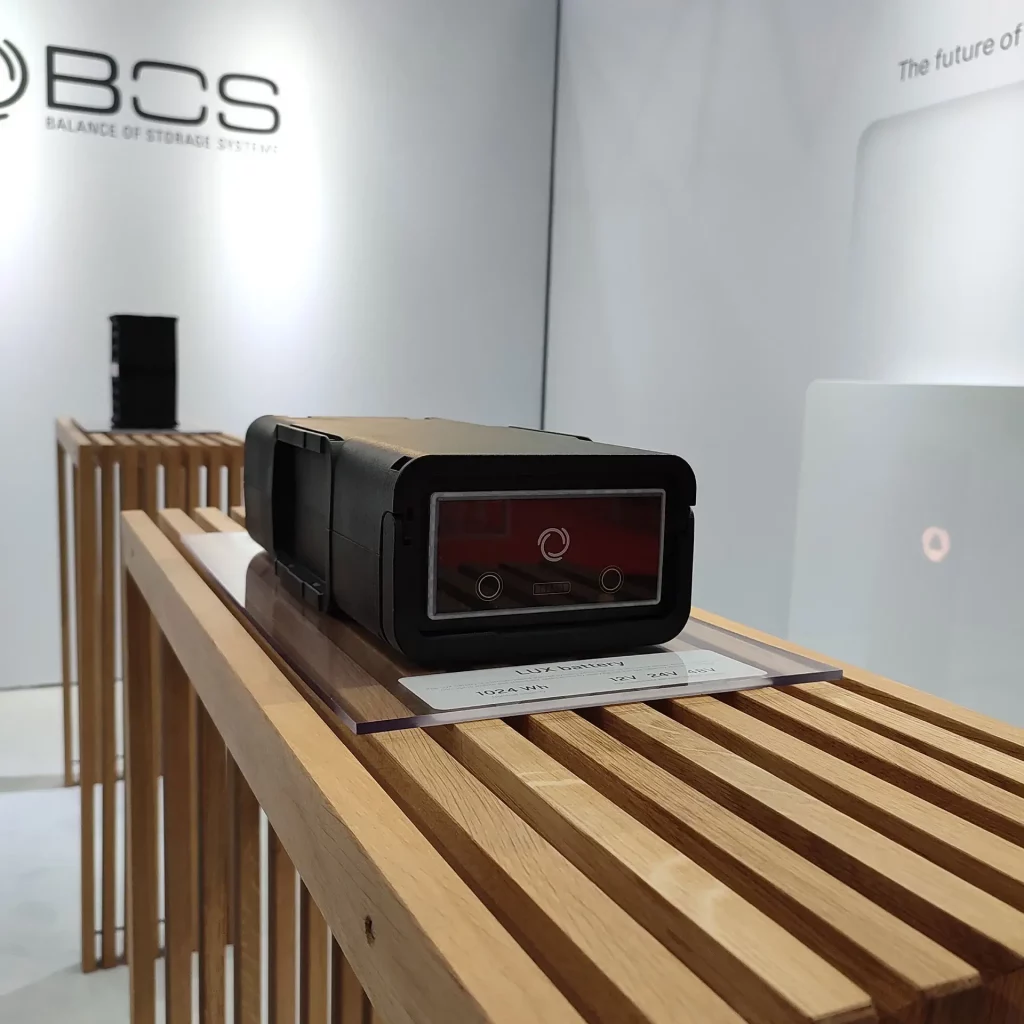Luuk Hospital - Rural electrification in the Phillipines with renewable energy sources
Luuk Hospital, located in Sulu, Philippines, had been operating without a reliable source of electricity for years. The hospital was completely dependent on diesel generators, which resulted in frequent power cuts that made it difficult to treat patients. With no power, the hospital could not cool medicine, or carry out surgeries in rooms with light or air conditioning. The situation was dire, and change was needed.
Cost-effective and reliable power supply for healthcare facilities
In 2022, BOS, a German energy tech company, teamed up with Differ Community Power (DCP), a project developer and partner, and GoGridless, a local installer, to implement a solar island system that would provide a self-sufficient power supply for Luuk Hospital. The system consists of a photovoltaic (PV) system with a capacity of 55.08 kWp, and lithium-iron-phosphate batteries with a storage capacity of 86.4 kWh, which store surplus electricity for use during times of low solar radiation. With the new energy system in place, Luuk Hospital has finally been able to operate without interruption. The hospital can now cool medicine continuously and carry out surgeries in rooms with light and air conditioning. This has had a significant impact on the hospital’s ability to provide quality care to its patients. The new energy system not only benefits the hospital and its patients but also the environment. The system brings high emission savings compared to the previously used diesel generator. The switch to solar energy has reduced the hospital’s carbon footprint, making it more sustainable and eco-friendly.
BOS’s solar island system is designed to be large enough so that on an average day, the batteries will be discharged to 50%. This provides backup for bad weather days and ensures the system is always operational. In addition, the already installed diesel generator has been integrated as a backup to ensure power supply in the event of a PV system failure.
Pre-wiring for quick installation
The BOS took care of the detailed system design, component procurement, equipment assembly, equipment programming as well as unit testing before dispatch to the Luuk Hospital. The electrical components, including inverters, charge controllers, and fuses, underwent pre-wiring and rigorous testing by BOS in Germany to ensure optimal functionality and easy installation on-site. This meticulous process facilitated the swift completion of the solar island system installation within a few weeks, resulting in minimal disruption to hospital operations and allowing for efficient energy generation.
A larger electrification project in the Philippines
Luuk Hospital is not the only hospital in the Philippines that has benefited from BOS’s solar island system. The company has equipped a total of eight healthcare facilities in the Philippines, with a combined lithium-ion storage capacity of 435 kWh and 220 kWp of photovoltaic panels. BOS plans to equip more hospitals with sustainable energy systems in the future, contributing to the country’s sustainable development goals.
If the monitoring cannot be visualised, please use this direct link: Monitoring Dashboard – Luuk Hospital
The installed solar panels at Luuk Hospital being cleaned to ensure optimum performance.
Health centers as power stations
Rural hospitals in the Philippines play a vital role in delivering healthcare services to remote communities, often also serving as safe havens during natural disasters. However, these facilities face challenges in accessing reliable and sustainable power sources. Solar energy, combined with energy storage solutions, offers an environmentally friendly and cost-effective alternative to traditional power systems. This ensures that energy is always available for critical loads, no matter what. This is possible due to the energy management features of BOS solutions. Furthermore each load had its own unique power demand, in terms of peak load – inverters were thereby carefully sized to meet these requirements, without interruption.
Solar energy combined with BOS Systems provides numerous advantages for rural hospitals in the Philippines. It is cost-effective, as solar power systems require minimal maintenance and have low operational costs, making them more affordable than diesel generators. Solar energy is also eco-friendly, as solar power systems do not produce noise or air pollution, promoting a cleaner environment. When paired with energy storage solutions, they can ensure a consistent power supply, enabling healthcare facilities to remain functional during extended power outages. Solar energy systems can also be easily expanded or upgraded to meet the growing needs of healthcare facilities.
Energy storage plays a vital role in maximizing the potential of solar energy systems in rural hospitals. By storing excess energy produced during peak sunlight hours, healthcare facilities can continue to operate during the night or on cloudy days, ensuring uninterrupted power supply. Energy storage systems provide enhanced reliability, allowing healthcare facilities to maintain critical services and medical equipment during power outages. Energy storage systems also offer flexibility, as they can be customized to accommodate the specific needs of rural hospitals. Additionally, modern energy storage solutions enable remote monitoring, which allows for preventive maintenance and efficient management of power resources.
The Hospital staff with the installed BOS systems.
The impact of reliable power on healthcare quality
Reliable power solutions offer numerous benefits to Luuk hospital, ultimately leading to better healthcare outcomes. A constant power supply enables them to deliver timely and consistent patient care without interruptions, ensuring that vital medical procedures are carried out effectively. Additionally, stable electricity allows the use of advanced medical equipment that is often sensitive to power fluctuations. This helps to offer more accurate diagnoses and efficient treatments.
A reliable power source also enables better communication within the hospital and with external healthcare facilities. This facilitates the sharing of critical information, coordination of medical teams, and the swift transfer of patients when necessary. Furthermore, permanent power solutions contribute to maintaining a safe and hygienic environment in the hospital. A stable power supply is essential for proper lighting, ventilation, and temperature control, which are crucial factors in infection prevention and control. By providing a reliable power source, healthcare providers can focus on delivering the best possible care to their patients, ultimately improving the overall health and well-being of the communities they serve.
Training poster for the proper use of the solar systems. – Checking the system parameters.
In conclusion, the installation of a solar island system has made a significant impact on Luuk Hospital’s ability to provide quality care to its patients. With the new energy system in place, the hospital can operate without interruption, making it easier to treat patients and provide essential services.
The system’s positive environmental impact is also significant, reducing the hospital’s carbon footprint and making it more sustainable. In the first nine month since the commissioning of the system in August 2022, the connected systems have been running without diesel generators, which has saved 550 litres of diesel in the first nine months. BOS efforts to equip hospitals in the Philippines with sustainable energy systems are a step towards a more sustainable future for the country.

Philippines
2023
Offgrid | Healthcare
55 kWp of solar PV
30 kVA of Inverter Power
86 kWh installed lithium capacity
The RES Project Philippines is supported by the German Federal Ministry for Economic Affairs and Climate Action as part of the Renewable Energy Solutions Programme of the German Energy Solutions Initiative.
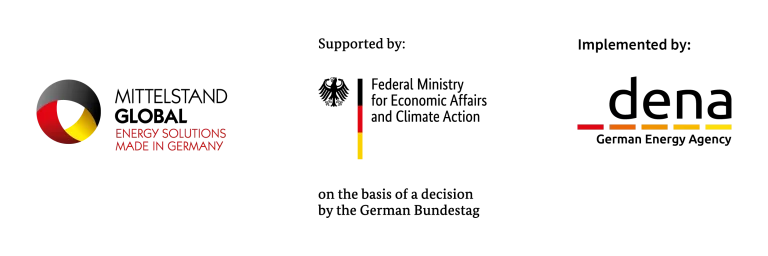

German Energy Agency (dena)
The German Energy Agency (dena) is a centre of excellence for the applied energy transition and climate protection. dena studies the challenges of building a climate-neutral society and supports the German government in achieving its energy and climate policy objectives. Since its foundation in 2000, dena has worked to develop and implement solutions and bring together national and international partners from politics, industry, the scientific community and all parts of society. dena is a project enterprise and a public company owned by the German federal government. dena’s shareholder is the Federal Republic of Germany.
German Energy Solutions Initiative
With the aim of positioning German technologies and know-how worldwide, the German Energy Solutions Initiative of the Federal Ministry of Economics and Climate Action (BMWK) supports suppliers of climate-friendly energy solutions in opening up foreign markets. The focus lies on renewable energies, energy efficiency, smart grids and storage, as well as technologies such as power-to-gas and fuel cells. Aimed in particular at small and medium-sized enterprises, the German Energy Solutions Initiative supports participants through measures to prepare market entry as well as to prospect, develop and secure new markets.
Renewable Energy Solutions Programme (RES Programme)
With the RES programme, the Energy Export Initiative of the Federal Ministry of Economics and Climate Action (BMWK) helps German companies in the renewable energy and energy efficiency sectors enter new markets. Within the framework of the programme, reference plants are installed and marketed with the support of the German Energy Agency (dena). Information and training activities help ensure a sustainable market entry and demonstrate the quality of climate-friendly technologies made in Germany.
